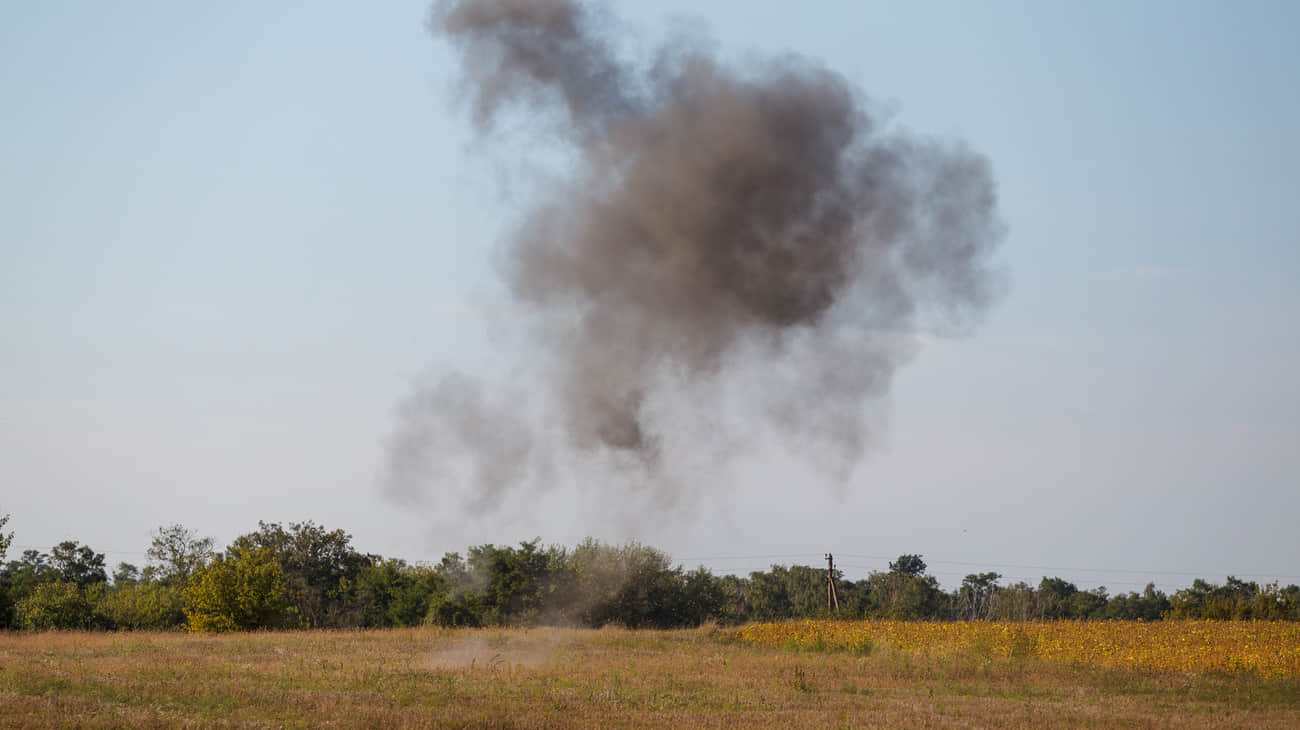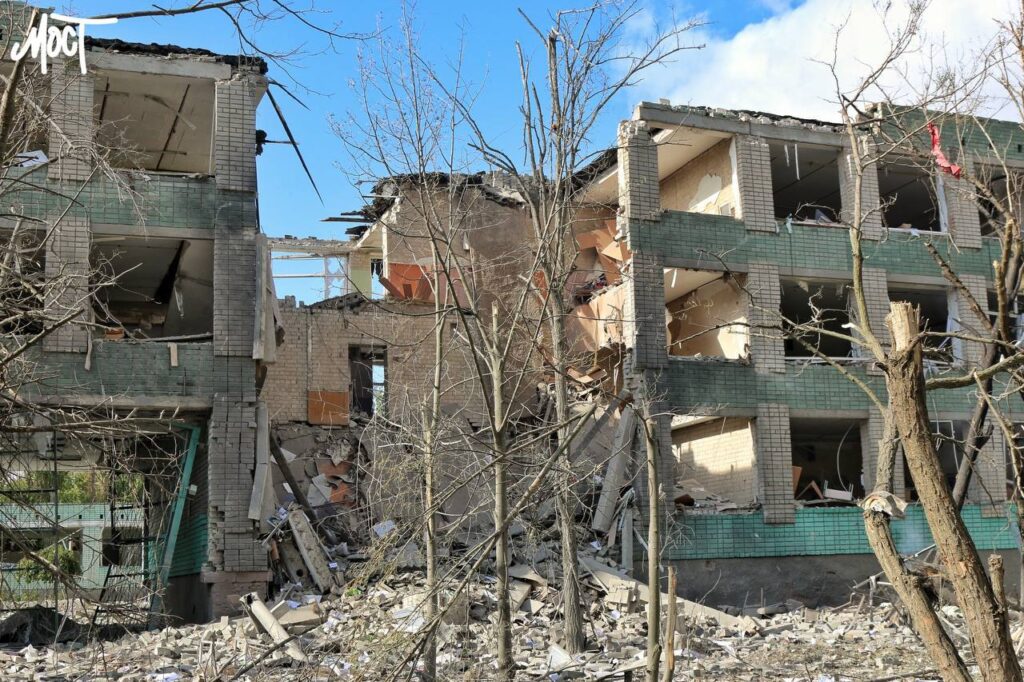U.S. Department of State Leads Successful U.S. Delegation to World Radiocommunication Conference in Dubai
HomeOffice of the SpokespersonPress Releases…U.S. Department of State Leads Successful U.S. Delegation to World Radiocommunication Conference in Dubai hide U.S. Department of State Leads Successful U.S. Delegation to World Radiocommunication Conference in Dubai Media Note December 15, 2023 The U.S. delegation to the World Radiocommunication Conference 2023 (WRC-23) in Dubai, United Arab Emirates, successfully advanced policy priorities across the full range of U.S. interests that depend on the finite, critical resource of radiofrequency spectrum. U.S. Department of State Deputy Assistant Secretary (DAS) Steve Lang led representatives from multiple U.S. government agencies and the private sector who participated in the conference, which concluded on December 15. Agreements reached during the four-week conference will help expand digital connectivity and drive technological innovation, unlock the space economy and promote the next generation of space science, protect U.S. national defense capabilities, and preserve maritime and aviation safety. WRC-23 took decisions to expand international mobile telecommunication (IMT) identifications that pave the way for future 5G deployments, while also preserving opportunities for unlicensed technologies in the 6 GHz band. These decisions will help enable growth of both licensed and unlicensed connectivity solutions and foster an ecosystem of innovative applications and services that will drive economic growth for years to come. U.S. companies are leading developers of Wi-Fi technology and keeping the 6 GHz band open for unlicensed deployments without further studies will enable countries to take decisions promptly to make this spectrum available for next generation Wi-Fi deployment. WRC-23 also took steps to further harmonize spectrum available for 5G in the Americas in the 3.3-3.4 GHz and 3.6-3.8 GHz bands, creating 500 megahertz of contiguous mobile broadband spectrum across the entire region while providing the necessary interference protection to our federal agencies who also use some of this spectrum. In addition, WRC-23 agreed on new spectrum allocations for geostationary (GSO) and non-geostationary satellite systems, including through inter-satellite links and updated regulatory procedures to support increased deployment of large non-GSO constellations driving connectivity in the most remote areas while ensuring protection for GSO satellite and terrestrial mobile systems relied upon by millions of people worldwide. Decisions reached related to space science will help address impacts and possible mitigation of the climate crisis through new allocations and regulatory provisions enabling earth exploration satellite services to explore polar ice caps and support greater understanding of space weather. The conference also reached consensus on the agenda for the next WRC, which will be held in 2027. Studies over the next four years will cover a range of new technologies and services, including identifying new spectrum for 5G and future 6G communications, setting the stage for future communications on the Moon, reviewing regulations for aeronautical communications, and enabling additional growth of the satellite sector, including for communications direct to consumer mobile devices. The next conference also will consider actions to further promote scientific research into space weather and climate change mitigation. World Radiocommunication Conferences are held every four years by the International Telecommunication Union to update the international Radio Regulations – a treaty-level instrument governing coordination and use of the radio frequency spectrum and satellite orbital resources. The U.S. delegation included nearly 200 participants with representatives from the Department of Commerce, the Department of Defense, the Federal Communications Commission, NASA, the Federal Aviation Administration, Department of Energy, National Science Foundation, Office of Science and Technology Policy, and U.S. telecommunications and technology sectors. For further information and press availability, please contact Melissa Dilber at CDP-Press@state.gov. Tags 5G Bureau of Cyberspace and Digital Policy Bureau of Near Eastern Affairs International Telecommunication Union Office of the Spokesperson Science, Technology, and Innovation Space Telecommunications United Arab Em

U.S. Department of State Leads Successful U.S. Delegation to World Radiocommunication Conference in Dubai
The U.S. delegation to the World Radiocommunication Conference 2023 (WRC-23) in Dubai, United Arab Emirates, successfully advanced policy priorities across the full range of U.S. interests that depend on the finite, critical resource of radiofrequency spectrum. U.S. Department of State Deputy Assistant Secretary (DAS) Steve Lang led representatives from multiple U.S. government agencies and the private sector who participated in the conference, which concluded on December 15.
Agreements reached during the four-week conference will help expand digital connectivity and drive technological innovation, unlock the space economy and promote the next generation of space science, protect U.S. national defense capabilities, and preserve maritime and aviation safety.
WRC-23 took decisions to expand international mobile telecommunication (IMT) identifications that pave the way for future 5G deployments, while also preserving opportunities for unlicensed technologies in the 6 GHz band. These decisions will help enable growth of both licensed and unlicensed connectivity solutions and foster an ecosystem of innovative applications and services that will drive economic growth for years to come. U.S. companies are leading developers of Wi-Fi technology and keeping the 6 GHz band open for unlicensed deployments without further studies will enable countries to take decisions promptly to make this spectrum available for next generation Wi-Fi deployment. WRC-23 also took steps to further harmonize spectrum available for 5G in the Americas in the 3.3-3.4 GHz and 3.6-3.8 GHz bands, creating 500 megahertz of contiguous mobile broadband spectrum across the entire region while providing the necessary interference protection to our federal agencies who also use some of this spectrum.
In addition, WRC-23 agreed on new spectrum allocations for geostationary (GSO) and non-geostationary satellite systems, including through inter-satellite links and updated regulatory procedures to support increased deployment of large non-GSO constellations driving connectivity in the most remote areas while ensuring protection for GSO satellite and terrestrial mobile systems relied upon by millions of people worldwide. Decisions reached related to space science will help address impacts and possible mitigation of the climate crisis through new allocations and regulatory provisions enabling earth exploration satellite services to explore polar ice caps and support greater understanding of space weather.
The conference also reached consensus on the agenda for the next WRC, which will be held in 2027. Studies over the next four years will cover a range of new technologies and services, including identifying new spectrum for 5G and future 6G communications, setting the stage for future communications on the Moon, reviewing regulations for aeronautical communications, and enabling additional growth of the satellite sector, including for communications direct to consumer mobile devices. The next conference also will consider actions to further promote scientific research into space weather and climate change mitigation.
World Radiocommunication Conferences are held every four years by the International Telecommunication Union to update the international Radio Regulations – a treaty-level instrument governing coordination and use of the radio frequency spectrum and satellite orbital resources. The U.S. delegation included nearly 200 participants with representatives from the Department of Commerce, the Department of Defense, the Federal Communications Commission, NASA, the Federal Aviation Administration, Department of Energy, National Science Foundation, Office of Science and Technology Policy, and U.S. telecommunications and technology sectors.
For further information and press availability, please contact Melissa Dilber at CDP-Press@state.gov.



